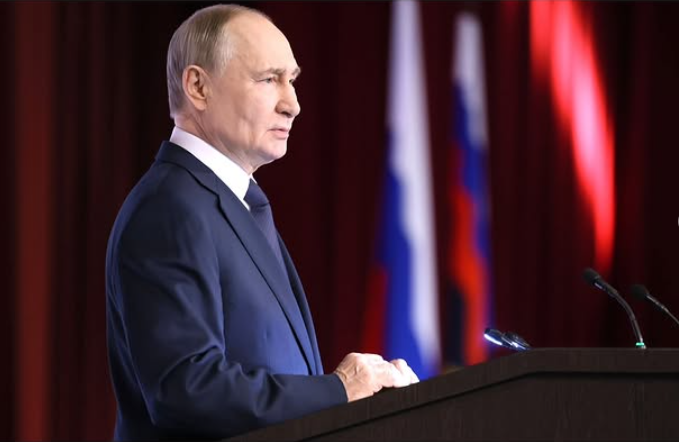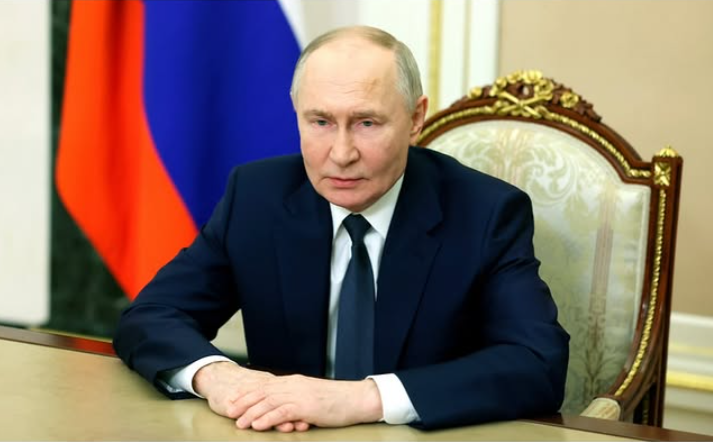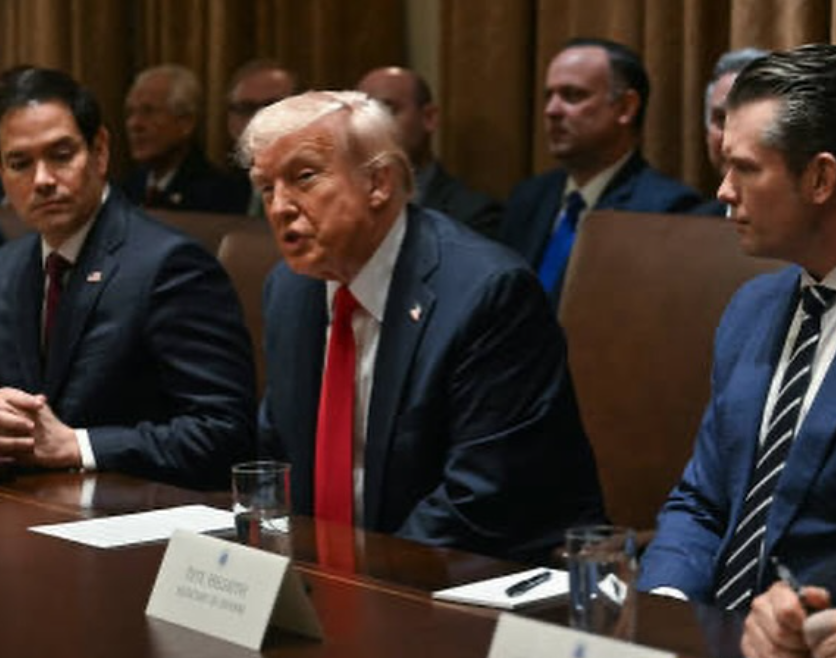[ad_1]
(This October 25 story has been corrected to change pronoun to “he” from “she” to correct gender of quoted delegate in final paragraph)
By John Ruwitch
BEIJING (Reuters) – Every time China’s ruling Communist Party convenes a major gathering, like the congress that just ended in Beijing, the list of delegates is hand-crafted in part to burnish the party’s image as “representative of the masses” – including giving some prominence to those in more menial jobs and ethnic minorities.
Yet one group is chronically under-represented among the political elite: women.
The founding father of communist China, Mao Zedong, may have once said that women “hold up half the sky” but when the twice-a-decade party congress selected a new batch of top leaders this week, females weren’t holding up much at all.
No women made it onto the elite Politburo Standing Committee, the group of seven men at the pinnacle of the party. None ever have.
In the new Politburo, only one of its 25 members is a woman — Sun Chunlan, head of the party body charged with outreach to non-Communists. It is her second term and she is likely to retire in five years. On the previous Politburo, there were two women, Sun and Vice Premier Liu Yandong – who is past retirement age and has stepped down from the Politburo.
One rung down, just 4.9 percent of the new Central Committee, a mere 10 of the body’s 204 members, are women. That number was unchanged from the outgoing Central Committee, which presided for five years, but lower than in 2007-2012 when there were 13.
The State Council Information Office, which doubles as the party’s propaganda department, did not respond to faxed questions for comment on why there are so few women in senior party positions.
By way of comparison, five members of U.S. President Donald Trump’s 24-member cabinet are women, and about 20 percent of the U.S. Congress are female. In Japan, two out of 20 members of the cabinet are women as are about 10 percent of the lower house lawmakers newly elected on Sunday.
ASTRONAUTS AND HOUSEKEEPERS
At the Chinese party congress itself, the overall numbers were stronger: about a quarter of its 2,287 delegates were women – roughly commensurate with the proportion in the roughly 90 million-member party.
But with most senior leadership posts in the hands of men, activist Xiong Jing, an NGO project manager who edits a feminist social media site, said many of the women delegates to the party congress were there merely as “decoration”.
“This problem is a cliché,” she said. “With the political system as it is now, I think even if more women were involved, whether as party congress delegates or in government, they may be very limited in what they can do.”
The party takes the appearance of representativeness seriously when it comes to some groups.
At party congresses and annual sessions of parliament, there are delegates from China’s 56 different ethnic groups, every branch of the military and police, private businesses, the state sector and, of course, the government.
The party congress this year featured delegates who were astronauts, athletes, actors, judges, farmers and more. There was even a delegate representing housekeepers, who showed up in her apron and maid’s cap.
“PARTY OF THE PEOPLE”
For women in general in China, political empowerment is lacking. China ranked 74th in political empowerment of women out of 144 countries in the World Economic Forum’s global Gender Gap Report last year. In 2006, it was no. 52 out of 115.
Leta Hong Fincher, a New York-based sociologist and author of the forthcoming book “Betraying Big Brother: The Rise of China’s Feminist Resistance”, says women in China are losing ground amid a resurgence of traditional gender norms.
“It’s my impression that the Communist Party is fundamentally not interested in having women at the senior levels at all,” she said.
In China’s pre-reform command economy under Mao, women were drafted into the workforce and recruited into nation-building.
The most powerful woman since the communist takeover in 1949 was Mao’s third wife, Jiang Qing. She and members of her “Gang of Four” were arrested after Mao’s death in 1976 and blamed for the excesses of the chaotic Cultural Revolution.
More recently, Hong Fincher says, the party has been spooked by China’s demographic challenges – an aging population, shrinking labor force and falling birth rates – and has aggressively promoted the idea that women should be getting married and having babies.
To be sure, in Chinese business there are some prominent female chief executives, such as Zhang Xin at real estate developer Soho China and Zhou Qunfei, the billionaire founder of Lens Technology.
And the party and government pay lip service to gender equality. The state constitution guarantees women the same rights as men.
“The government … wants to appear to be taking gender equality seriously, when in reality it is not. It is actually in full retreat with regard to gender equality,” Hong Fincher said.
The election process for party congress delegates is tightly controlled, with candidates vetted for their loyalty to the party and leadership.
But congress delegate Tang Jialing, who is a crew member on a deep-sea research submersible, suggested that the lack of women reflected the will of the people.
“We are the party of the people. It’s the people who voted in more men than women. It’s the people’s choice,” he said.
Additional reporting by Liangping Gao, Stella Qiu, Pei Li and Benjamin Kang Lim in BEIJING and Kiyoshi Takenaka and Linda Sieg in TOKYO; Editing by Martin Howell
[ad_2]
Source link






Leave a Reply